Dark spots, also known as hyperpigmentation, can be a common skin concern for many individuals. They can occur due to various reasons such as sun exposure, aging, hormonal changes, or acne scars. While dark spots are not typically harmful, they can be aesthetically bothersome and affect one’s self-confidence. However, with some simple lifestyle changes and skincare practices, you can prevent dark spots and maintain healthy, radiant skin. In this article, we will explore effective lifestyle tips that can help you prevent dark spots and achieve a more even complexion.
Understanding Dark Spots
What are dark spots?
Dark spots, also called age spots or sunspots, are patches of skin that appear darker than the surrounding area. They are caused by an overproduction of melanin, the pigment responsible for skin color. Dark spots can vary in size, shape, and color, ranging from light brown to black.
Causes of dark spots
Several factors can contribute to the development of dark spots on the skin. The most common causes include:
- Sun exposure: Ultraviolet (UV) rays from the sun stimulate the production of melanin, leading to the formation of dark spots.
- Hormonal changes: Hormonal fluctuations during pregnancy, menopause, or as a result of certain medical conditions can trigger the appearance of dark spots.
- Acne scars: Inflammation from acne breakouts can cause post-inflammatory hyperpigmentation, resulting in dark spots.
- Aging: As we age, the production of melanin becomes less regulated, making dark spots more likely to appear.
Common areas for dark spots
Dark spots can appear on various parts of the body, but they are most commonly found on areas exposed to the sun, such as the face, hands, arms, shoulders, and décolletage.
Lifestyle Tips to Prevent Dark Spots
Preventing dark spots involves adopting a holistic approach to skincare and making certain lifestyle changes. Here are some effective tips to help you maintain an even skin tone and prevent the formation of dark spots:
- Protect your skin from the sun: Limit your sun exposure, especially during peak hours when the sun’s rays are the strongest. Seek shade whenever possible, and wear protective clothing such as hats and sunglasses.
- Use sunscreen daily: Apply a broad-spectrum sunscreen with an SPF of 30 or higher to all exposed areas of your skin, even on cloudy days. Reapply every two hours or after swimming or sweating.
- Wear protective clothing: When spending time outdoors, wear long-sleeved shirts, pants, and wide-brimmed hats to shield your skin from harmful UV rays.
- Avoid tanning beds and sunlamps: These artificial sources of UV radiation can contribute to the development of dark spots and increase the risk of skin cancer.
- Stay hydrated: Drink an adequate amount of water daily to keep your skin hydrated and promote overall skin health.
- Follow a healthy diet: Consume a balanced diet rich in fruits, vegetables, whole grains, and lean proteins. Antioxidant-rich foods like berries, leafy greens, and nuts can help protect your skin from free radicals and maintain a youthful complexion.
- Get enough sleep: Aim for seven to eight hours of quality sleep each night to allow your skin to repair and rejuvenate itself.
- Manage stress levels: Chronic stress can trigger hormonal imbalances that contribute to the development of dark spots. Practice stress-management techniques such as meditation, yoga, or deep breathing exercises.
- Quit smoking: Smoking accelerates the aging process and damages collagen and elastin, leading to an increased risk of dark spots and other skin issues.
- Avoid excessive alcohol consumption: Alcohol can dehydrate your skin and disrupt its natural balance, making it more susceptible to dark spots.
- Be gentle with your skin: Avoid harsh scrubbing or aggressive rubbing, as it can irritate the skin and worsen dark spots. Use gentle, non-abrasive skincare products.
- Don’t pick at your skin: Picking at acne or dark spots can cause further inflammation and increase the likelihood of scarring and hyperpigmentation.
- Avoid harsh skincare products: Some skincare products, particularly those containing alcohol or fragrances, can irritate the skin and trigger dark spots. Opt for gentle, non-comedogenic products.
- Use natural remedies: Certain natural ingredients, such as lemon juice, aloe vera, and turmeric, have skin-brightening properties. However, it’s essential to use them with caution and conduct a patch test before applying them to your face.
- Regularly exfoliate your skin: Gentle exfoliation can help remove dead skin cells and promote a more even skin tone. Choose exfoliants with mild ingredients and use them only once or twice a week.
By incorporating these lifestyle tips into your daily routine, you can significantly reduce the risk of developing dark spots and maintain healthy, glowing skin.
Conclusion
Preventing dark spots requires a comprehensive approach that involves protecting your skin from the sun, following a healthy lifestyle, and using gentle skincare practices. By adopting these lifestyle tips, you can minimize the appearance of dark spots and achieve a more even complexion. Remember to be consistent with your skincare routine and consult a dermatologist if you have persistent or severe dark spots that require professional treatment.

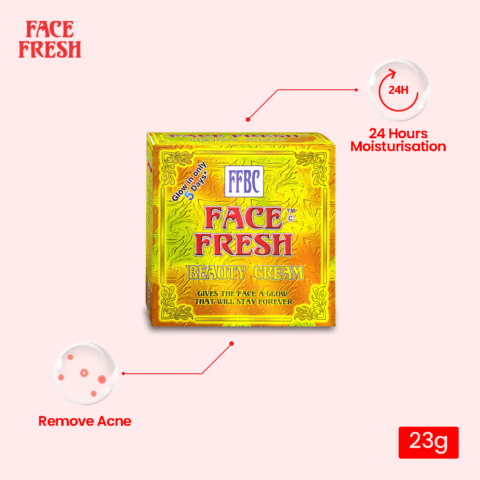
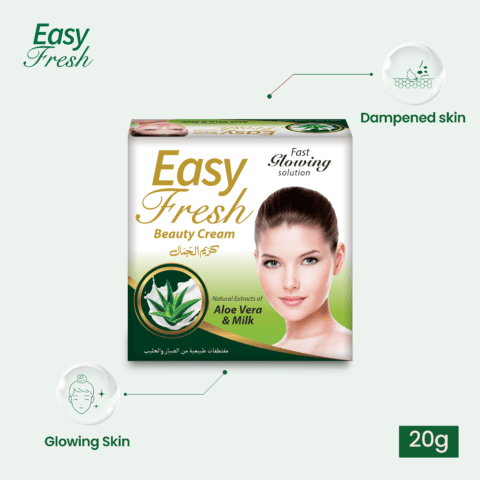
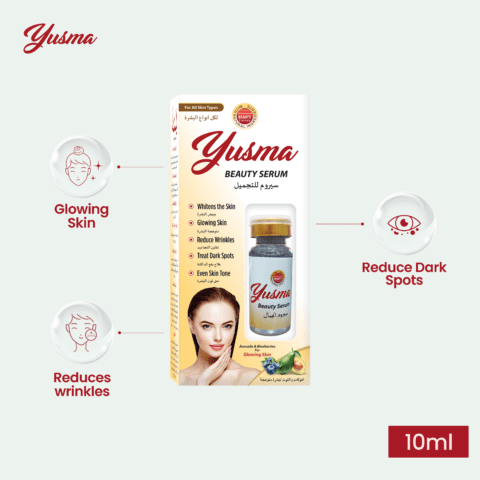
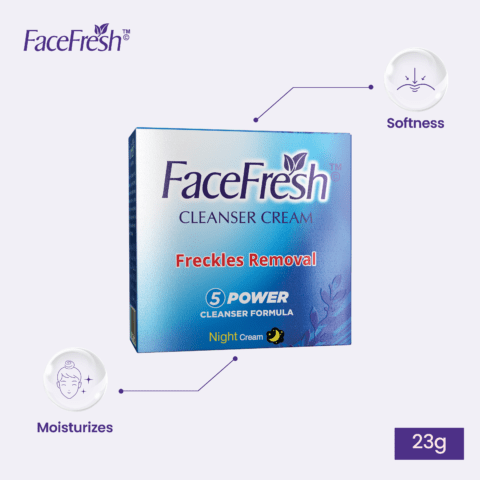
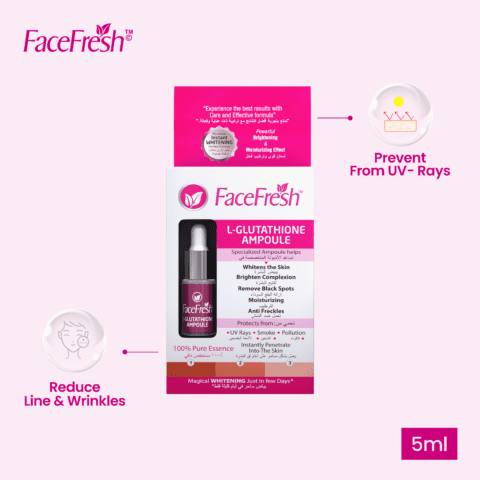
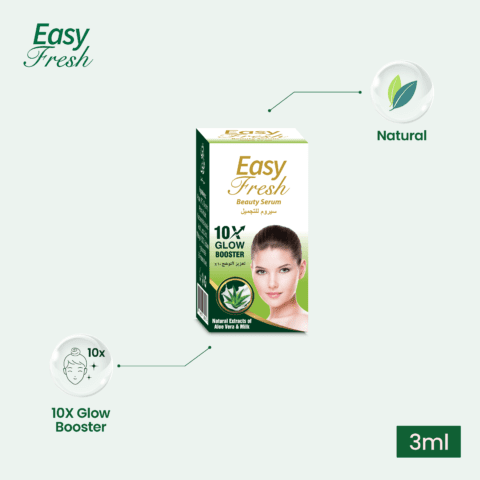

Leave a comment
Your email address will not be published. Required fields are marked *